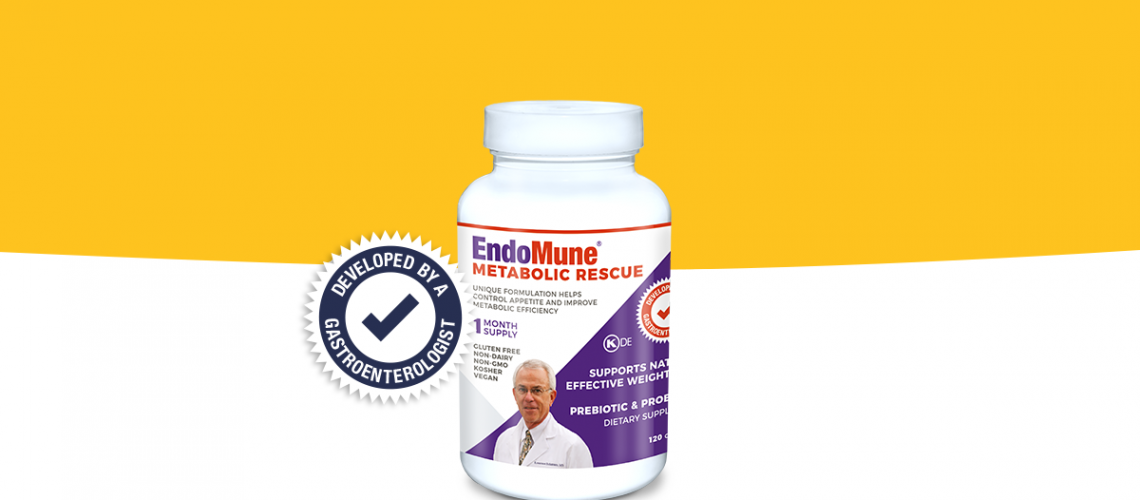Digest This
Click on the topics below to learn how probiotics can improve your digestive health, naturally.

Autism and the gut health connection
- @drHoberman
- Disease, Mental Health
Autism spectrum disorder (ASD) is one of the most challenging developmental disabilities an individual can experience. While the origins of autism are still misunderstood, research suggests it is linked to genetic and environmental factors that trigger deficits in social communication and cognition.
The abilities of ASD patients can vary from the severely challenged to the gifted, depending on the individual and the causes.
One thing autistic children across the spectrum often share is a struggle with gastrointestinal problems that last until adulthood. “Studies have shown that when we manage these problems, their behavior improves dramatically,” says Dr. Rosa Krajmalnik-Brown, a researcher at Arizona State University’s Biodesign Institute.
Although there’s no cure for ASD, a pair of recent medical studies have discovered new links to gut health that better pinpoint this disease and, perhaps, how to treat it.
Signs of autism appear in the gut
With gut health being linked to a growing number of diverse conditions — tooth health to the immune system — it’s not surprising to learn ASD is linked to the gut, too.
After comparing gut flora from fecal samples taken from 20 autistic patients and an equal number of healthy children, scientists discovered a similar lack of microbial diversity among ASD patients previously noted in studies dealing with obesity and heart health.
Children with ASD had lesser amounts of three important kinds of carbohydrate-degrading bacteria: Prevotella, Coprococcus and Veillonellaceae. Of this trio, Prevotella — a common genus seen in healthy children with greater gut diversity — was found in conspicuously low levels in ASD patients.
Hopefully, the Arizona State study results will now guide new autism treatment studies that would modify the composition of bacteria in the gut.
Probiotics may improve ASD behaviors
Caltech scientists have discovered physical evidence that shows how probiotics help ASD patients by paying closer attention to leaky gut, a disorder in which a breakdown in the intestinal wall allows matter to pass through to the bloodstream.
After replicating biological conditions that trigger autism symptoms in the offspring of mice, researchers found the gastrointestinal tracts of these young animals were “leaking.”
To determine if these leaks influenced autism-like behaviors, Caltech scientists treated the mice with Bacteroides fragilis (B. fragilis), a bacterium used previously as an experimental probiotic therapy in animal research.
Not only did the leaky guts of the test animals heal, their behaviors improved greatly (the mice communicated better, felt less anxiety and were less likely to engage in repetitive behaviors). These results aren’t surprising if you consider the gut-brain axis that connects your intestines, brain and emotions.
Important note: The brains of mice and men are vastly different, with the human brain being more complex in terms of gyrification, which plays a great role in connectivity and species intellegence.
How will science use probiotics to treat ASD?
The next step for researchers will be an initial trial within the next two years to test the effectiveness of probiotics on human autism patients.
“In this study, we can provide a treatment after the offspring have been born that can help improve certain behaviors,” says Paul Patterson, a professor of biological sciences at Caltech. ”I think that’s a powerful part of the story.”
The tricky part about developing an effective probiotic: ASD is activated by genetic and environmental factors and their previous mouse model only replicated symptoms created only from environmental triggers, scientists say.
Nevertheless, scientists sound thrilled that probiotics may soon offer a safe, healthy alternative to treating ASD. “I think our results may someday transform the way people view possible causes and potential treatments for autism,” says Sarkis Mazmanian, Caltech professor of biology.
There Is An Endomune Probiotic For Every Lifestyle
-
EndoMune Metabolic Rescue
$44.95 -
EndoMune Advanced Probiotic
$42.95 -
EndoMune Companion Pack
$112.93








